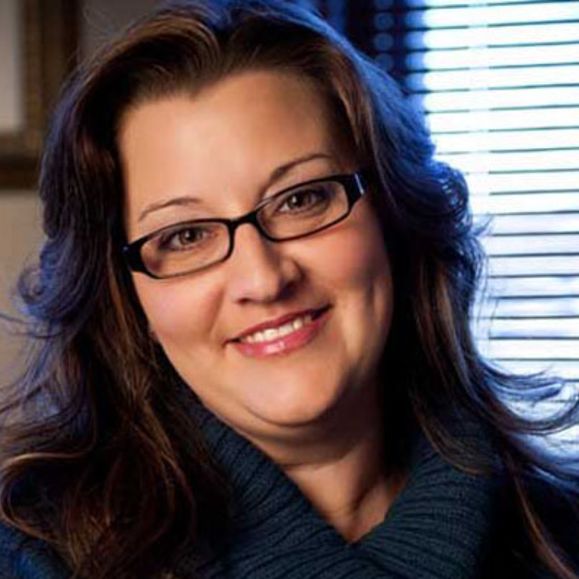Learning that your child is being bullied can be heartbreaking and infuriating. As a parent, your instinct may be to fix it immediately—but your support is most powerful when it's calm, consistent, and empowering. Here’s how you can help effectively:
1. Start by Listening Without Judgment
Create a space where your child feels safe to talk. Avoid interrupting, problem-solving too quickly, or downplaying their experience. Say things like:
- “Thank you for telling me.”
- “That sounds really hurtful.”
- “You don’t deserve to be treated that way.”
Let them share what happened in their own words, at their own pace.
2. Validate Their Feelings
Even if the bullying doesn’t seem severe to you, it may feel devastating to your child. Acknowledge their emotions:
- “It makes sense that you’re upset.”
- “Feeling scared or angry is normal after being treated like that.”
This validation helps rebuild the emotional safety that bullying often damages.
3. Document and Monitor
If the bullying is ongoing:
- Keep a detailed record of incidents (dates, times, what was said or done, witnesses).
- Save messages, emails, or screenshots in cases of cyberbullying.
- Ask your child to tell you immediately when something happens, and review any changes in behavior that may signal more subtle harassment.
4. Engage the School or Authority Figures
- Schedule a meeting with teachers, school counselors, or administrators.
- Ask about anti-bullying policies and request a plan for intervention and monitoring.
- Remain calm but firm. Your role is to advocate for your child’s right to learn in a safe environment.
5. Encourage Healthy Peer Connections
Help your child find clubs, sports, or online communities where they can connect with peers who share their interests and values. One strong friendship can be protective against bullying's psychological effects.
6. Seek Professional Help
Sometimes bullying causes or exacerbates anxiety, depression, or trauma symptoms. A licensed bullying counselor can:
- Help your child process difficult emotions
- Teach social confidence and assertiveness
- Provide support in rebuilding damaged self-esteem
- Coordinate with schools and parents for additional support
If your child is reluctant to attend therapy, frame it as a supportive space to talk about what’s happening—not as something “wrong” with them.
7. Be a Model of Empowerment
Children learn how to cope with stress, conflict, and injustice by watching you. Model assertiveness, kindness, and emotional regulation. Let them know that asking for help is a strength, not a weakness.
8. Monitor for Lasting Effects
Even after bullying stops, your child may continue to struggle with self-doubt, fear, or avoidance behaviors. Ongoing support from you and a counselor for bullying victims can ensure that the healing continues beyond the event itself.













